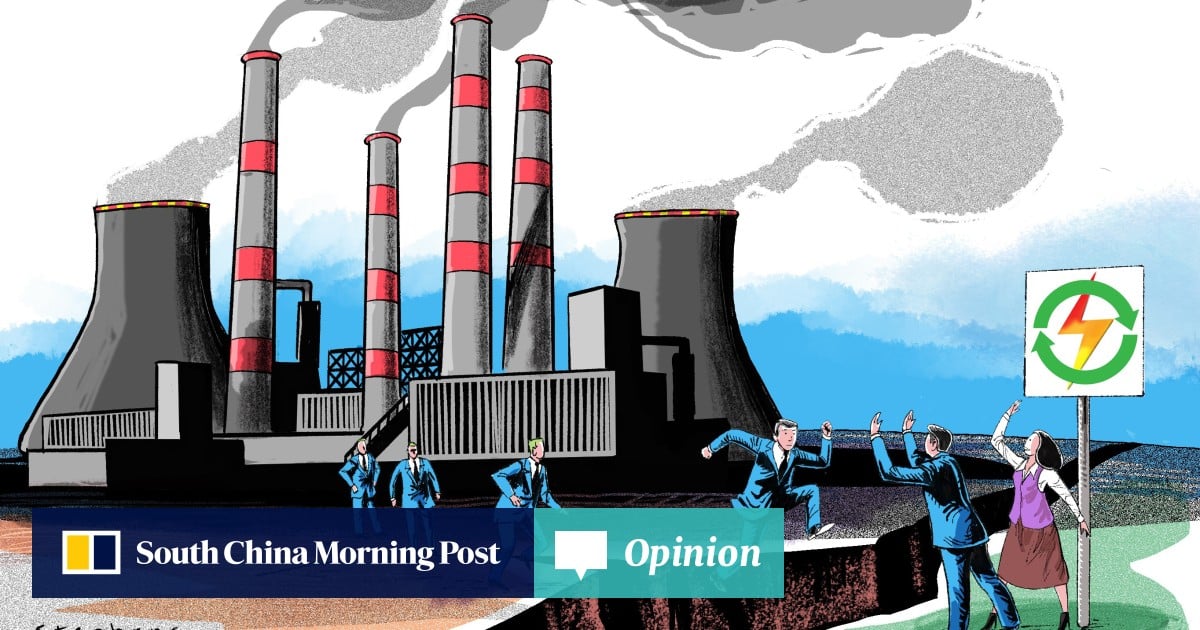
The Cop30 UN climate change conference in Belem, Brazil, concluded with a package of decisions that champions implementation and finance, yet its success is nuanced, marked by both institutional progress and political compromises over the core issue of fossil fuels.
The conference, framed as the “implementation Cop” by the Brazilian presidency, turned attention away from purely text negotiations to implementing action. The world is grappling with the complex realities of executing a systemic shift from fossil fuels to renewable energy. This transition represents a technological and geopolitical contest that is redefining global power dynamics and alliances.
Among the most significant Cop30 outcomes were the creation of the Belém Mechanism for Just Global Transition and the adoption of the Gender Action Plan. They ensure the inclusion of vulnerable and marginalised communities in the climate dialogue.
Advertisement
But it is disappointing to note the omission of fossil fuels in the final text, despite a coalition of over 80 countries pushing for a formal road map to transition away from fossil fuels. This failure underscores the profound political and economic resistance to dismantling the incumbent energy system, even as the physical and economic realities increasingly favour renewable alternatives.
Cop30 exposed the fractures in the global political landscape regarding the energy transition. The absence of US leadership created a void while emerging fractures within the Global South complicate the traditional binary of developed vs developing nations. The unified front of the G77 and China is giving way to a more complex mosaic of competing economic interests and vulnerabilities.
Advertisement
A stark division was visible on the fossil fuel phase-out, where the ambitious coalition of Latin American and island states found little resonance among major Asian economies. Similarly, while vulnerable nations like Bangladesh advocated for stronger climate science, others like India and Saudi Arabia pushed back, reflecting differing energy and development priorities.


